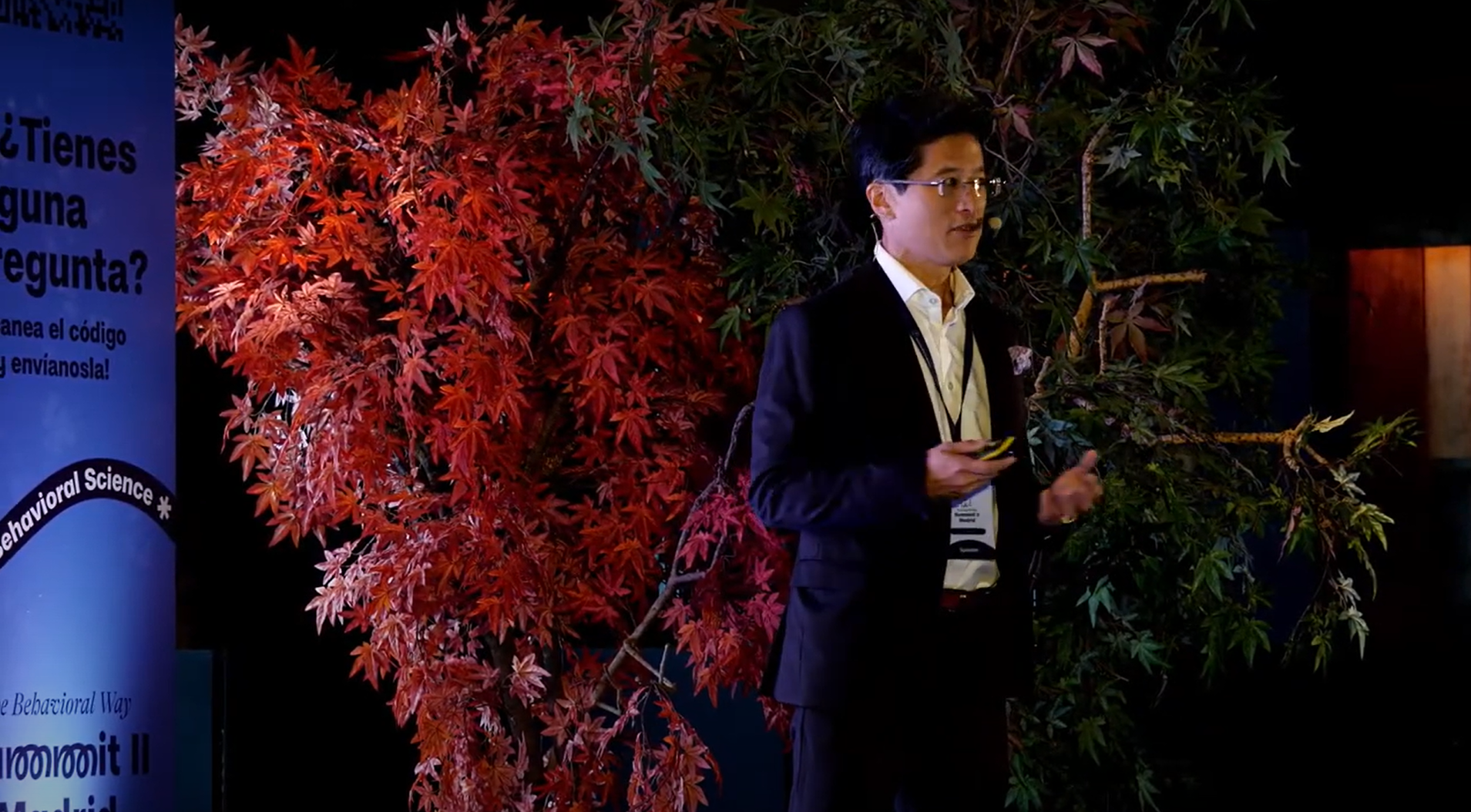This past week, I had the opportunity to speak with Will Weider, CIO of Ministry Health Care and Affinity Health System, about using consultants. His perspectives are interesting because they are from a customer’s vantage point – not from a consultant’s viewpoint. Will Weider is author of the one of the earliest CIO blogs on the Internet, the famed “Candid CIO” blog.
Steve: Will, thanks for talking with me. As a management consultant myself, I’ve approached you for a “candid” view on using consultants. I am interested in constantly improving the practice of consulting and management. Hopefully this interview will shed light for both consultants to improve their practices and peer organizations of yours to improve their selection and use of consultants. To that end, when do you look to consultants, and what do you look for in consultants?
Will: There has to be a specific reason for using a consultant, and my philosophy is to use consultants as little as possible. A couple of thoughts immediately come to mind. The first is that consultant costs can give me heartburn (e.g., when comparing loaded hourly rates of internal staff against the consultant). Now as context, it is infrequent that my organization does not have the skillset to either get a project done or solve a particular problem. A second perspective is that I have had some disappointing consulting engagements where the results have fallen short of my expectations. Part of the blame may fall on the consulting firm which may oversell themselves in order to get a deal done. Some of the missed expectations may be in part that the buyer has elevated expectations when using a consultant.
Steve: Do you have any thoughts on aligning an organization and its expectations when using consultants?
Will: I’ve found that the worst time to use consultants is when my organization is saturated. A client organization needs capacity to bring the consultant on board, ramp them up, manage them, provide feedback, etc. As an example, if I have estimated a project at requiring 100 hours to do internally, then I may need to allocate 125 hours when accounting for budget and overhead of managing the consultant. As far as aligning expectations, I have mostly seen consultants provide incremental value as opposed to exponential value and miraculous benefits as marketed. Consultants can get oversold on their value proposition too easily. I also wanted to note that some consultant agreements have unacceptable terms, rivaling those of my software vendors. These include such terms as up-front payment, termination clauses and advance notice requirements, etc. Where these terms go in the new environment we are in is still to be determined, but they have to be more client-favorable.
Steve: What kind of advice can you provide on using consultants?
Will: For me, the best time to use a consultant is when you need a 3rd party advisor. For example, suppose there is a big, multimillion dollar project going off course. A consultant with the right background can provide an independent project audit. Our needs are aligned when using the consultant in this manner. We need a specific skillset (perhaps not a scarce resource), we don’t have time (e.g., because we have 60-70 projects going on), we need a fresh look, and we need an independent view. This is the perfect type of situation for a consultant because the scope is well-defined, the scope is narrow and the timetable is short.
Steve: Great insights, thank you. Changing gears bit, I think readers may be interested in your views on the federal stimulus package and its impacts on consultants.
Will: The package has clear intent, but everyone is still waiting for the clinical IT requirements to be defined on both the medical group and hospital/ambulatory side. Less than 2% of hospitals have real Computer Physician Order Entry (CPOE), so once the requirements are defined, there may be a flood of work for implementation consultants with CPOE and specific Hospital Information Systems (HIS) expertise. I’ve estimated tens of millions of dollars of eligibility for our provider organizations (medical groups and hospitals). We are working with a number of vendors and suppliers to plan for various scenarios so we qualify for these funds and deliver on the President’s vision for a more efficient and effective health care system. It’s all a new process – I’m not sure that anyone has an “inside track” as to how to get these funds.
Steve: Terrific info. Let’s change gears again and cover social media. How have things changed since 2005 when we first met via the blogging world?
Will: These days I use both Twitter and blogging, although there has been some shift towards using Twitter. I will say that consultants that I use have connected with me via social media. Some of these consultants demonstrate their expertise to me for free before I use them. These consultants may be those that are helping me with technology, preparing for swine flu impacts on my organization, or other dynamic areas. Consultants that are confident in their abilities to provide value are not afraid to pursue either risk-free or non-traditional models for engaging me.
Steve: Will, this has been a great dialogue, and I appreciate your candor for the benefit of the business community. Thanks for your time.
Will: Steve, thanks for the opportunity to be interviewed.
Will Weider is CIO of Ministry Health Care and Affinity Health System, and his blog is at the Candid CIO at http://candidcio.com.
Steve Shu is a management consultant focusing on organizations that use technology, and his blog is at http://steveshu.typepad.com.
